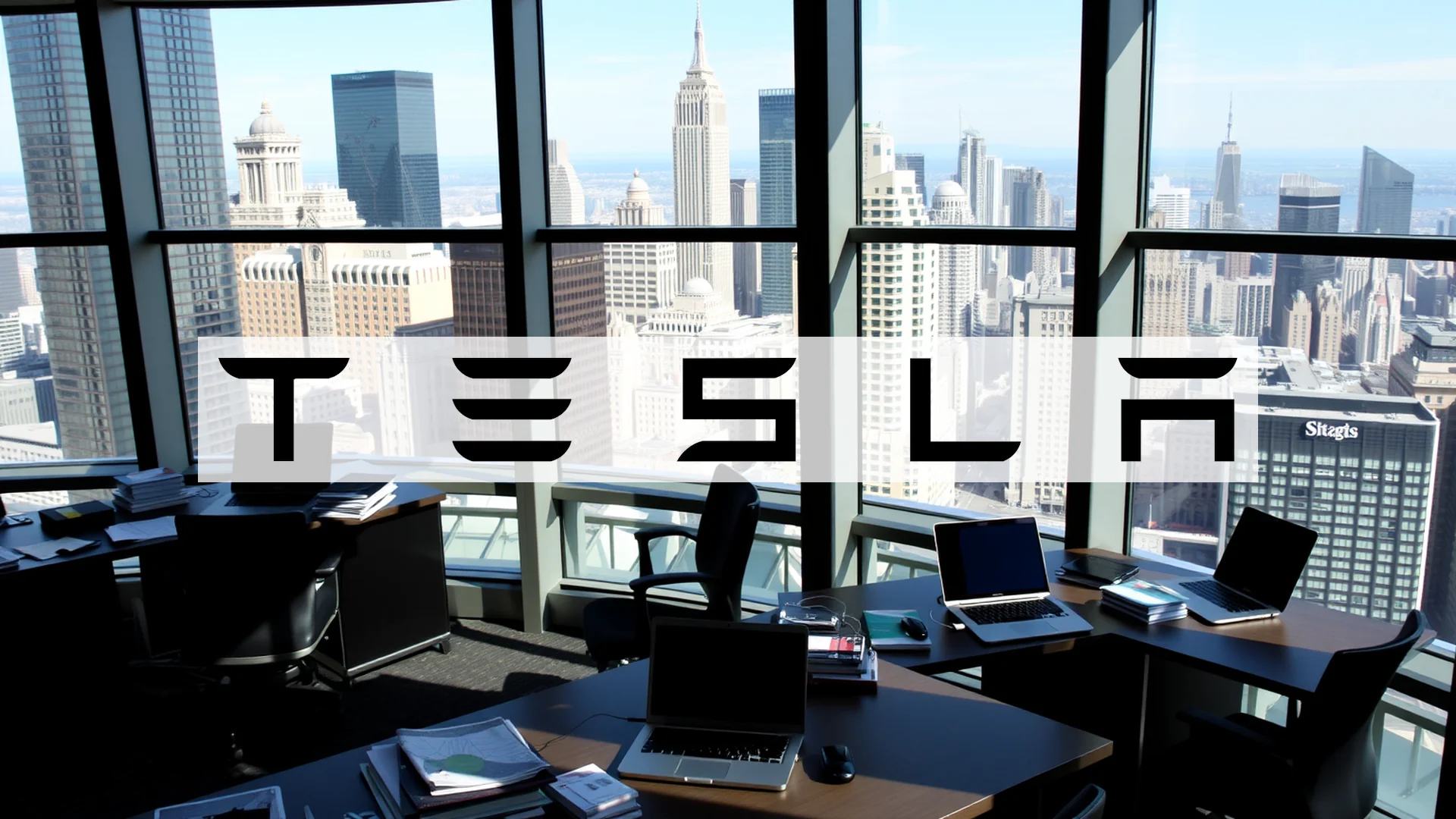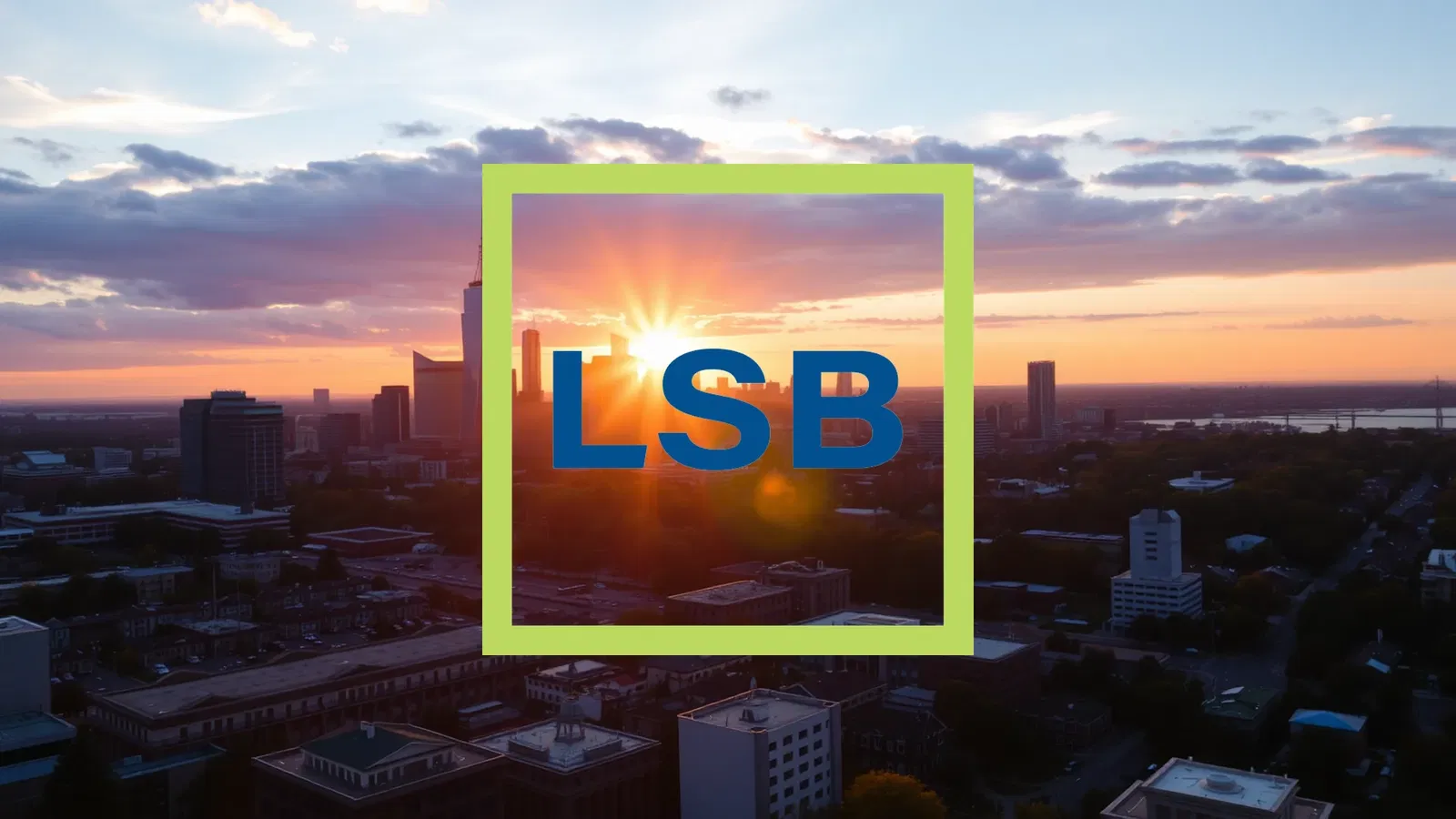Tesla investors received a double dose of concerning news this week as regulatory pressures mounted on the company’s autonomous driving technology while market reception to its new affordable models proved underwhelming. These simultaneous developments have placed significant pressure on the electric vehicle manufacturer’s stock price, raising questions about whether this represents a temporary setback or a more fundamental challenge to Tesla’s growth narrative.
Regulatory Investigation Targets Self-Driving Technology
The National Highway Traffic Safety Administration (NHTSA) has initiated a sweeping investigation into approximately 2.9 million Tesla vehicles equipped with Full Self-Driving (FSD) technology. This regulatory action follows 58 documented incidents where vehicles allegedly violated traffic regulations, including instances of running red lights that resulted in collisions and injuries in some cases. Federal authorities are examining dozens of situations where the automated system reportedly failed without providing adequate warning to drivers.
This development represents a significant challenge for Tesla, as FSD technology forms the cornerstone of the company’s planned robotaxi fleet—a business segment that substantially contributes to Tesla’s market valuation. The market response was immediate, with shares experiencing selling pressure as investors assessed potential implications for one of Tesla’s most crucial future growth drivers.
Affordable Models Fail to Generate Investor Enthusiasm
Concurrently, Tesla attempted to stimulate sluggish sales figures by introducing lower-priced “Standard” variants of its popular Model Y and Model 3 vehicles. The new entry-level pricing was set at $39,990 for the Model Y and $36,990 for the Model 3. Rather than generating excitement, the announcement prompted investor disappointment, with Tesla shares declining by 4.5%.
Should investors sell immediately? Or is it worth buying Tesla?
The negative market reaction stemmed from analyst and investor perceptions that the approximately $5,000 price reduction was insufficient to significantly boost demand. Many market observers expressed skepticism about whether these new variants can effectively capture the mass market, particularly following the elimination of the $7,500 electric vehicle tax credit that previously enhanced affordability.
Multiple Challenges Converge for Tesla
The company currently navigates a complex landscape with several concurrent pressures weighing on its stock performance:
- Regulatory Risk: The NHTSA investigation into FSD technology represents one of the most serious regulatory challenges Tesla has encountered to date
- Pricing Strategy Under Scrutiny: The tepid response to more affordable models raises questions about Tesla’s ability to stimulate consumer demand through price adjustments
- Vanishing Incentives: The expiration of significant tax benefits adds additional pressure to Tesla’s pricing structure
- Margin Concerns: Despite delivering a record 497,099 vehicles during the third quarter, analysts continue to express apprehension about the company’s profitability trajectory
Sentiment on Wall Street has noticeably cooled toward the electric vehicle pioneer. The current analyst consensus stands at “Hold,” with average price targets suggesting further potential downside. Tesla now faces the challenge of demonstrating that its growth trajectory remains sustainable despite reduced government incentives and ongoing safety concerns surrounding its autonomous driving technology.
Ad
Tesla Stock: Buy or Sell?! New Tesla Analysis from February 7 delivers the answer:
The latest Tesla figures speak for themselves: Urgent action needed for Tesla investors. Is it worth buying or should you sell? Find out what to do now in the current free analysis from February 7.
Tesla: Buy or sell? Read more here...









